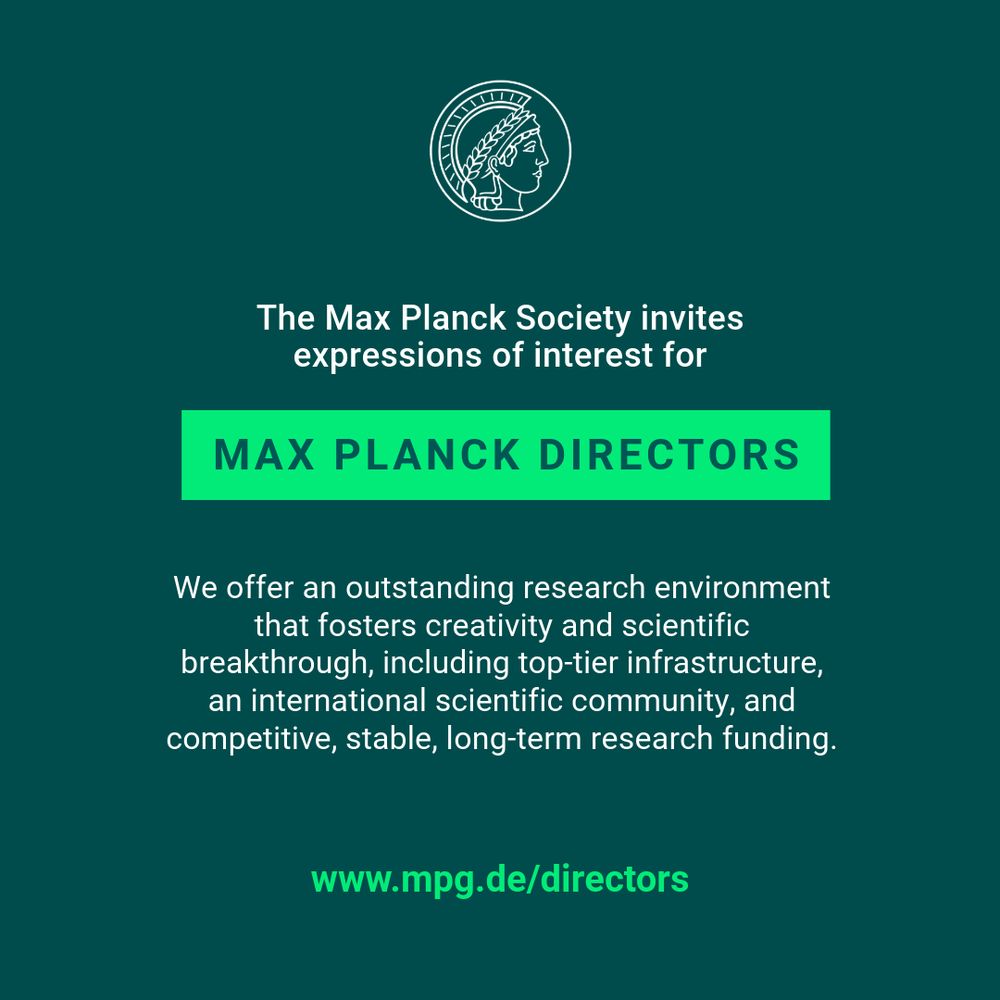Assistant professor @ TU Wien, associate faculty @ Complexity Science Hub.
Previously: KTH, Brown, Uni Wien.
I study algorithms for data science and social-network analysis. Connecting theory 🤝 practice.
More info: https://neumannstefan.com. ..
more
Assistant professor @ TU Wien, associate faculty @ Complexity Science Hub.
Previously: KTH, Brown, Uni Wien.
I study algorithms for data science and social-network analysis. Connecting theory 🤝 practice.
More info: https://neumannstefan.com.

Led by the great @sijingtu.bsky.social and joint with Aleksa Stankovic and @aris-gionis.bsky.social.
link.springer.com/article/10.1...
We also prove lower bounds showing that our approximation ratios are close to what one can hope for.
Besides MaxCut we provide similar results for Densest Subgraph.
We show that even black-box reductions are possible and that they work surprisingly well in experiments.
Now you are allowed to move k nodes from one side of the partition to the other.
Which k nodes should you use to increase the cut as much as possible?

We give nearly-optimal approximation algorithms for this problem for Max-Cut and for Densest Subgraph.
link.springer.com/article/10.1...

This is your chance to join a wonderful Top-13 computer science department in Europe (based on CSRankings).
Contact me if you want to chat.
informatics.tuwien.ac.at/news/2967
Reposted by Stefan Neumann
That would also explain why there was a significant increase already two years ago and not just this year (which the US situation could not explain).
“The ERC received 3 329 proposals — 31% more than last year and 82% more than the year before that.”
algorithms-with-predictions.github.io
Reposted by Joshua Goodman, Stefan Neumann
(Also, my personal impression is that the review quality at NeurIPS/ICML is a lot better than its reputation.)
On average, for each paper I'm reviewing there is a discussion of ~10 pages.
It's almost impossible to keep track of everything.
Reposted by Stefan Neumann, Gilles Louppe

This is a great honor and I am so grateful to our students for nominating our course.
www.tuwien.at/tu-wien/aktu...
Reposted by Stefan Neumann
Institute of Logic and Computation at @tuwien.at | @informatics.tuwien.ac.at
Research Unit Formal Methods in Systems Engineering
full-time, starting in September and limited to one year
🗓️ DL August 14
ℹ️ jobs.tuwien.ac.at/Job/255265
#postdocposition
Reposted by Stefan Neumann

Michael Bronstein, AITHYRA Director and Hon Prof TU Wien in collaboration with Ismail Ilkan Ceylan, expert in graph ML, invites to APPLY NOW: aithyra.onlyfy.jobs/job/ltt3a9j6
Deadline 31.8.2025
#AITHYRA #TUWien #PostDoc
Reposted by David Lazer, Ingmar Weber, Martín Haspelmath , and 19 more David Lazer, Ingmar Weber, Martín Haspelmath, Colette L. Heald, Elena Litchman, Márk E. Hauber, Justin H. Kirkland, Yue Wu, Lesley A. Hall, Emilio Zagheni, Fabián Muniesa, Nichola Raihani, Jane Green, Stefan Neumann, Laurent Dubois, Henry Farrell, Melanie Simms, Michael Jones‐Correa, Wolfgang Huber, Larry W. Hunter, Klaus Oschema, Jan Fuhse

Reposted by Stefan Neumann

Reposted by Stefan Neumann
Join a strong TCS environment with MPIs, CISPA & more!
🗓 Deadline: Sep 18, 2025
📄 Details: www.uni-saarland.de/fileadmin/up...
📝 Apply: www.uni-saarland.de/verwaltung/b...
📬 Contact: mblaeser@cs.uni-saarland.de
Heute bei „Spontan gefragt“ auf KURIER TV: TUW-Forscher @stefanresearch.bsky.social erklärt, wie Algorithmen unsere digitale Realität formen.
🕘 21:15 auf KURIER TV
📺 Mediathek: kurier.tv/spontan-gefr...
@kurier.at @wwtf.at
Reposted by Stefan Neumann
Heute bei „Spontan gefragt“ auf KURIER TV: TUW-Forscher @stefanresearch.bsky.social erklärt, wie Algorithmen unsere digitale Realität formen.
🕘 21:15 auf KURIER TV
📺 Mediathek: kurier.tv/spontan-gefr...
Reposted by Gianmarco De Francisci Morales, Stefan Neumann

We've developed a prototype that enables you to create personalized social media feeds using natural language rules and import them into Bluesky.
Join our study to try out the tool, give us your feedback, and earn a $50 gift card!
Sign up: forms.gle/MkSGKzxDfBEc...
Please share :)
Reposted by Stefan Neumann, Marco Albertini
W2 (TT W3) Professorship in Computer Science "AI for People & Society"
@saarland-informatics-campus.de/@uni-saarland.de is looking to appoint an outstanding individual in the field of AI for people and society who has made significant contributions in one or more of the following areas:

